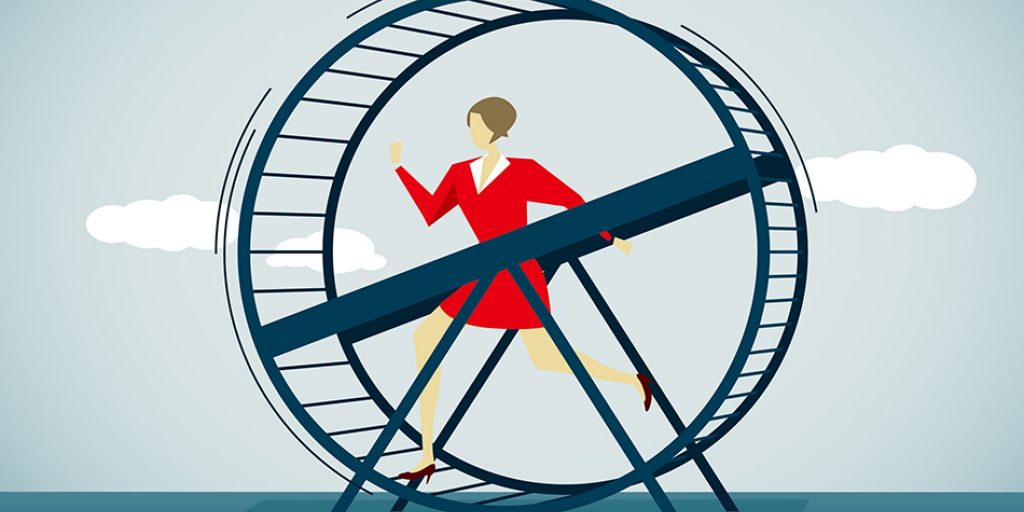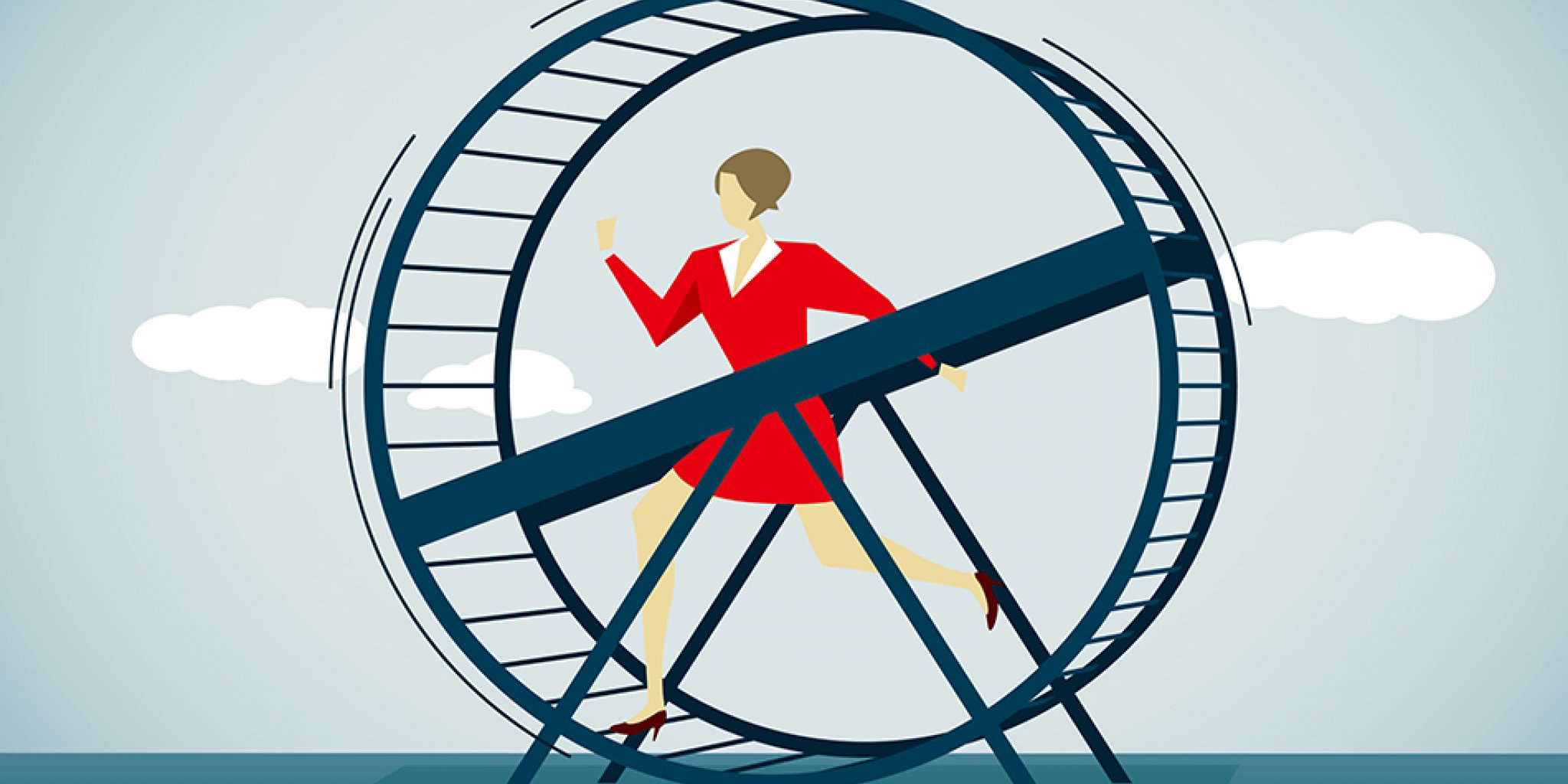
Have you ever climbed to the top of a mountain? Getting up a mountain can be grueling, and on the way up the views can be amazing. Then you get to the summit and feel that surge of accomplishment and joy – but that feeling doesn’t last forever.
But for all the emotion and self congratulation, the good feeling fades over time. The motivational surge dissipates and the reality of life seeps back. It would be easy, motivationally at least, if life consisted of climbing up mountains every week. When there are clear and obvious goals set, motivation comes relatively easy. Many of us have enjoyed the surges of adrenalin through our bodies together when we reach a specific goal, along with the pride and sense of accomplishment.
Life isn’t lived like that. There is the mundane of patience, perseverance and persistence. To achieve anything, in business, relationships, sport or personal ambition, the small steps each day are as important as the occasional high.
Even before taking the small steps, there is a need to stop, focus and decide what our intentions or aspirations are. What is our vision, outcome and purpose for the business, project or objective? “But I don’t have time to stop and plan”, you might claim. “I’m too busy.” The perceived lack of time to spend on one of the most important aspects of being productive and effective is one of the greatest hurdles in business life today.
The motivation to change the way you work to become more productive and effective will not come automatically, and it certainly won’t come if you put your head in the sand and ignore the bigger picture while spending your time on trivialities.
What if, before you turned on your mobile phone or computer in the morning, you sat quietly at your desk and thought about your day? What would you like to achieve today? Pretend that you’ve already done a time-log for a few days and you know how much reactive time you need, so can allocate thinking time, project time, meeting times and relationship building time into your daily planner. (If you’re worried about others’ meetings, block a meeting time with yourself in your calendar, and colleagues are less likely to double book you.)
Personal productivity is one of the most difficult challenges for any entrepreneur. It’s much easier to be productive when the goals are set for you. Entrepreneurs need to understand ourselves, our motivations and our styles, to stretch our thinking beyond the everyday and try on some new habits – without doing this, we’ll never grow.
If you organize your thoughts and your business, you can stop wasting time on the unimportant stuff and focus on the essential work that actually moves your business forward. For example – it might seem like a waste of time to implement an effective filing system (either on your computer or in real life). However, if this new organization method saves you even 10 minutes each day, then over the long run you’re probably saving hundreds if not thousands of hours that you can rededicate into the important stuff.
There are also many online tool which help s more.Just like With kundentests.com you have the possibility to look at your reputation status everywhere. How many reviews do you have in total? Which channels do your reviews come from? How many reviews have you received in the past twelve months? And much more.
Case study:
One example is Jesus Manuel, who owns Estilo De Vida Web (The Web Lifestyle), a popular spanish blog about online business and entrepreneurship. He was working at a software company where he had been tasked with a number of new and important responsibilities, and while he was enjoying the learning process, he was being overwhelmed by the amount of work.
When he mentioned this to his mentor, he was told that he needed to find a way to organize his time better – that he was getting distracted by the little things at the expense of larger, more important tasks, and that’s why he was bogged down. His mentor suggested the pomodoro method as a way of focusing on ‘Deep Work’, and allocating specific, and limited hours in the day for dealing with smaller, lower priority tasks like answering emails and other minor, more administrative tasks.
The result was that Jesus managed to not only keep his head above water, but find additional time for his own projects as well. By organizing his time, prioritizing his work, and focusing his output on his big picture goals, Jesus managed to improve his productivity dramatically and find more time for things outside of his job. Jesus continues to use the pomodoro method to this day, and spends every morning considering what are the things that ‘move the needle’ for him on that day.
Another example is Julie, who saw herself as organised, in control of her work and an effective manager. She spent much of her day building relationships and felt this was important to her role. Although she left the office at a reasonable hour, she spent at least half her weekend at work, catching up with projects or general business. She asked to ‘sit in’ on a pilot program of personal productivity with a group of hand-selected participants.
By the end of day one she had completely re-organised her office. She removed two filing cabinets of papers, kept ‘just in case’ and deleted thousands of emails. Julie learned to delegate projects and files to other staff members, giving them greater responsibility for these areas, conveying the implied message “I trust you”.
A goal was set to spend a weekend with her family and this was achieved shortly afterwards. Instead of rushing in to whatever presented itself to be done during the day, Julie spent the first half-hour of her morning in her chair planning her day. This quickly reduced to ten minutes as her efficiency and focus increased. The benefits of managing herself and using her day more effectively meant she reported (believe it or not!) up to five additional hours every day spent on important issues in her job.





